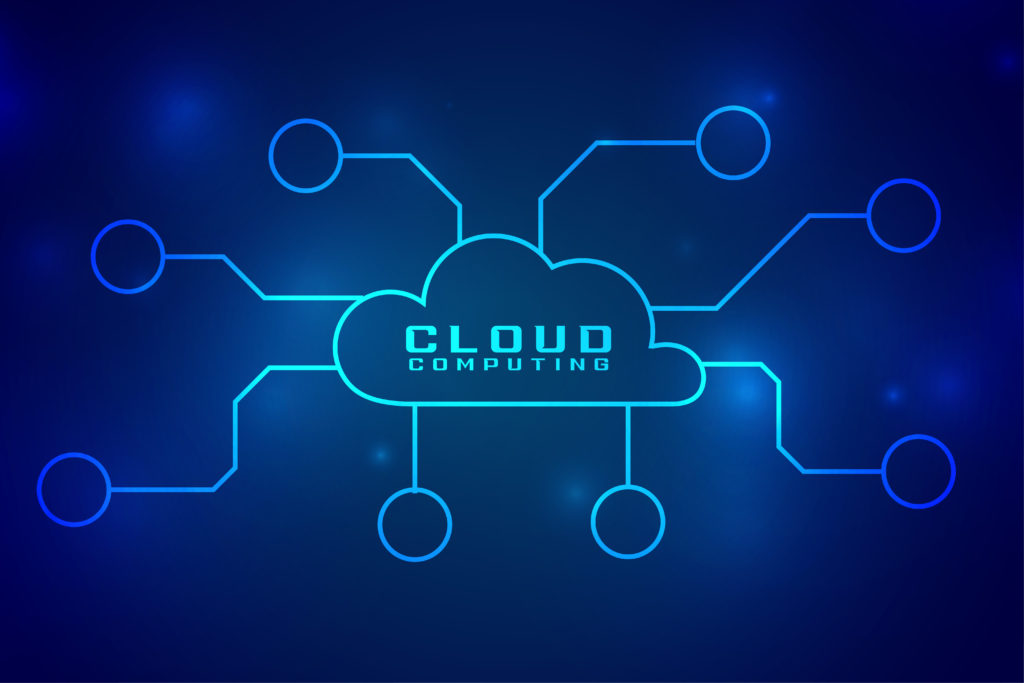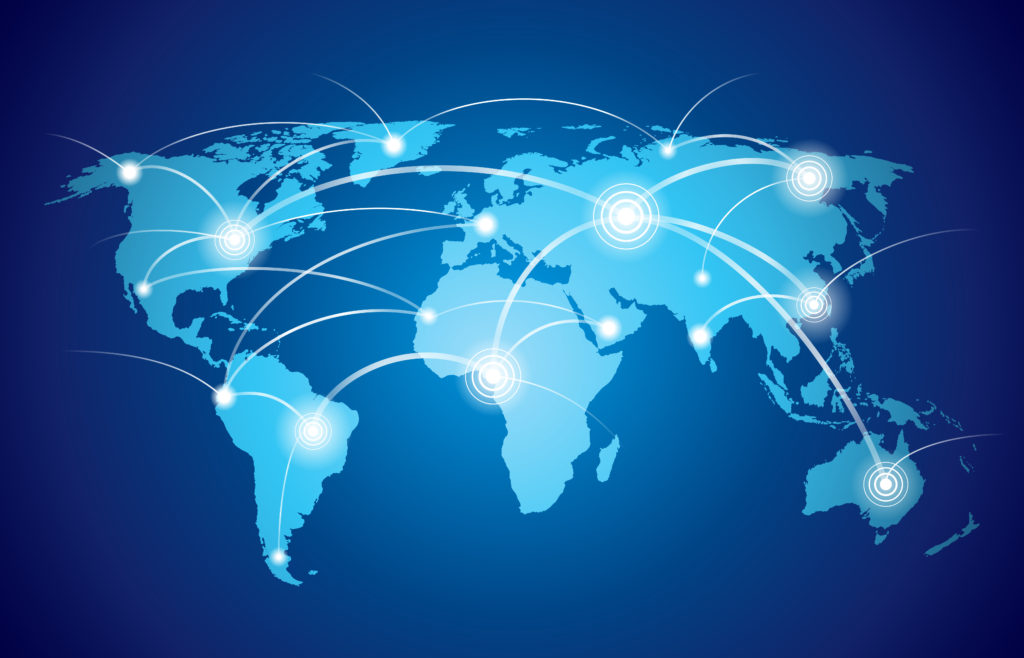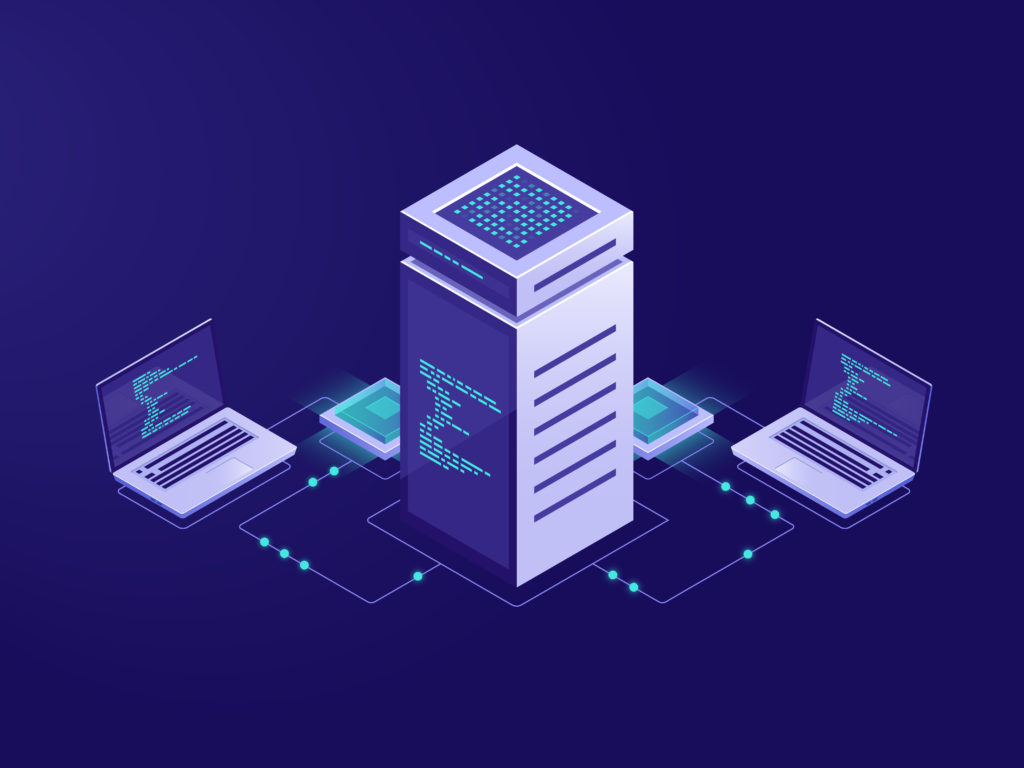A lot has happened since the revolution of cloud computing, Cloud Computing is no longer a question of whether to use it or not; now it is a question of which cloud platform to use.
To take advantage of the benefits of cloud computing, most businesses are moving to the cloud and even cross platforms.
The Big 3 cloud providers have the experience and know-how to deliver a dependable and feature-rich cloud platform.

However, before committing to a certain cloud platform, you need to undertake your homework and analyze each platform to properly comprehend its capabilities and peculiarities.
There are numerous cloud providers in the Cloud Computing market, but Amazon Web Services, Microsoft Azure, and Google Cloud Platform stand out as the top three.
What factors should you consider when choosing one? What is the verdict on AWS vs Azure vs Google Cloud? Here’s your chance to find answers to all these questions.
Firstly we will be discussing these platforms and then compare them on different parameters.
AMAZON WEB SERVICES AWS
Amazon Web Services, or AWS, is a cloud computing platform that offers users computing, storage, and delivery services.
There is no better platform than Amazon Web Services for offering a wide range of cloud services to everyone, whether it is individuals, large companies, or even governments.
Providing software as a service (SaaS), infrastructure as a service (IaaS), and platform as a service (PaaS) together enables your organization to deploy applications efficiently.
In addition to Computing as a Service (IaaS), Amazon Web Services also offers Content Delivery and Storage, Database, and Networking.
By using AWS Lambda Functions, Amazon Kinesis Streams, Amazon SQS Queues, and Amazon SQS Queues, users can easily collect and visualize data.
Businesses are provided with the option to select the web application platform, operating system, database, and programming language, among others, according to their requirements.
Microsoft Azure
Many organizations find that the move to a cloud environment or a hybrid cloud environment is simple when using Azure, a Microsoft-centric cloud platform.
Azure is a platform that offers functions such as computing, storage, development, and databases on the cloud as SaaS, IaaS, and PaaS.
Together, the platform allows businesses to deploy and manage applications and other services via the cloud.
Azure also provides multiple site-to-site connections to virtual networks in addition to the ability to connect virtual networks across various regions.
Azure offers the lowest on-demand and discounted instance pricing. Using the Azure Machine Learning Studio, developers can create, test and deploy algorithms.
Azure isn’t just for Windows apps. It also started producing languages, technologies, and platforms, allowing anyone to create and maintain whatever application they choose.
Google Cloud Platform
GCP is the tiniest of the Big Three cloud providers when contrasted to AWS and Azure. Despite this, it provides a comprehensive collection of cloud services that can power and support any application.
Aside from AWS and Azure, GCP is a viable alternative. All data and communication routes, including traffic between data centers, are encrypted to the fullest extent possible by Google.
Instance and payment configurability, privacy and traffic security, cost-efficiency, and Machine Learning are just a few of the areas where Google Cloud fights fiercely with AWS.
GCP offers IaaS and PaaS, as well as a serverless platform that includes computation, storage, databases, different networking options, and database and IoT administration, just like the other two platforms.
Google Cloud vs AWS vs Azure comparison
1. Availability Zones
The fact that AWS was the first in the cloud sector has already been proven, implying that they have had more time to create and expand their network.

As a result, AWS hosts in multiple locations throughout the world. Azure and GCP both have various locations around the world, but the distinction is in the number of availability zones they have.
AMAZON WEB SERVICES AWS AWS
There are 25 geographic areas and 81 availability zones in Amazon Web Service. There are 218+ boundary locations as well as 12 Regional Edge Caches.
Microsoft Azure
Microsoft Azure has more than 116 edge locations in over 140 countries, each with at least three availability zones.
GOOGLE CLOUD PLATFORM GCP
There are 27 cloud regions, 82 zones, and 146 edge locations on the Google Cloud Platform.
2. Computing
AMAZON WEB SERVICES AWS AWS
The Amazon Elastic Compute Cloud, or E2C, is Amazon’s most advanced computing service. Because of its compatibility with the great majority of other Amazon Web Services, it is very flexible and perhaps less expensive than competing services.
E2C can monitor your cloud apps and scale your consumption to meet your current demands with the auto-scaling monitor, ensuring that you don’t overpay for your computing needs.
Amazon Elastic Container Service, or ECS, is a container service developed by AWS.
To control IP address blocking and access a variety of logs, templates, IAM roles, and security groups, you can customize these docker containers as needed or use preloaded configurations.
Additional Computing features include:
- AWS Batch
- AWS Lambda
- AWS Beanstalk
- Load Balancer
Microsoft Azure
Azure has a network of virtual machines that are based on open-source cloud platforms when it comes to computing.
As a result, its whole range of computing services, including app deployment and development, pre-deployment testing, extensions, and so on, are compatible with both Windows and Linux servers, as well as third-party solution providers like SAP and Oracle.
If you have a variety of demands, Azure’s hybrid option, which offers both on-premises private computing and cloud hosting platforms, is a good choice.
Virtual Machine Scale Sets are Azure’s implementation of auto-scaling. Container Services employs Docker Hub and Azure Container Registry for management, while Azure Container Service is built on Kubernetes.
Azure’s container service, dubbed Azure Kubernetes Service, is a popular container system built on Kubernetes. It enables enterprises that traditionally require several teams to collaborate online in a single location.
Additional Features involve :
- Service Fabric
- Azure Functions
- Azure Iaas
- Azure Paas
GOOGLE CLOUD PLATFORM GCP
Compute Engine is the company’s principal offering, and it offers bespoke and predefined machine kinds, per-second charging, Linux and Windows support, automated discounts, and carbon-neutral infrastructure that utilizes half the energy of traditional data centers.
Google’s Compute Engine, or GCE, may be less functionally rich than the other two platforms – particularly AWS, which has a few-year head start – but it does have a number of features that could help it catch up to its rivals.
Cloud Functions can manage and deploy cloud applications, as well as code from other Google services, and scale all of this based on traffic.
As an added advantage, Google’s policies require you to pay only once the code has been deployed.
Additional featured Includes:
- Google app engine
- Instant groups
3. Storage
AMAZON WEB SERVICES AWS AWS
S3, or Amazon’s Simple Storage Service, is a widely used industry-standard procedure that is supported by the vast majority of key cloud providers (e.g. GCP).
The Elastic Block System from Amazon provides massive block storage as well (EBS).
Large block storage through the Elastic Block System, or Amazon’s Simple Storage Service, or S3 (EBS).

Simple Storage Service (S3) for object storage, Elastic Block Storage for persistent block storage, and Elastic File System for file storage are all available through Amazon Web Services.
The Storage Gateway, which provides a hybrid storage environment, and Snowball, a physical hardware device that enterprises may use to transmit petabytes of data when internet transmission isn’t possible, are two of the company’s more innovative storage offerings.
Additional features are:
- Different Databases like MySQL, Oracle Database, Redshift, etc.
- SnowMobile, SnowEdge storage.
Microsoft Azure
Azure provides a range of storage cloud options to meet a variety of business requirements. For larger enterprises with high data storage needs, Azure Data Lake Storage and Queue Storage are excellent solutions.
Blob storage, on the other hand, is great for businesses that need to keep big amounts of unstructured data on hand. File Storage, on the other hand, is dependable and well-suited to the majority of business requirements.
Blob Storage for REST-based unstructured data storage, Queue Storage for large-volume operations, File Storage, and Disk Storage are some of Microsoft Azure’s core storage services.
There’s also a Data Lake Store for big data applications. Azure has the most SQL-based databases, with three different types of databases to choose from.
Additional Features include:
- Data Warehouse
- Disk storage
GOOGLE CLOUD PLATFORM GCP
The storage options available from Google are very simple, with cloud storage and persistent disc storage rounding out the options.
GCP, on the other hand, includes both SQL and no-SQL databases, so what’s accessible is dependable and has a wide range of support.
GCP offers an ever-expanding list of storage options. Its unified object storage service, Cloud Storage, also comes with a Persistent Disk option.
It provides online transfer services as well as a Transfer Appliance similar to AWS Snowball.
Google provides both an in-house transfer service and access to a growing number of online transfer services.
Google’s backup capabilities are similarly somewhat rudimentary, with Nearline backup for frequently accessed data and Coldline backup for less often accessed data.
Conclusion
Despite the fact that Amazon Web Services (AWS) is currently the industry leader in terms of capacity and service, Microsoft and Google are fast expanding to compete with AWS.
With its strong concentration on the enterprise, Microsoft is hot on the trail of AWS.
Meanwhile, Google’s reach continues to grow via integrating well with open-source projects and third-party businesses.
AWS might be a good option if you need a lot of reaches and a lot of features.
GCP may be a better option for enterprises looking for a cheaper price point while still getting the most out of their innovation.
Alternatively, if you primarily use Microsoft goods, Azure may be the obvious choice.

